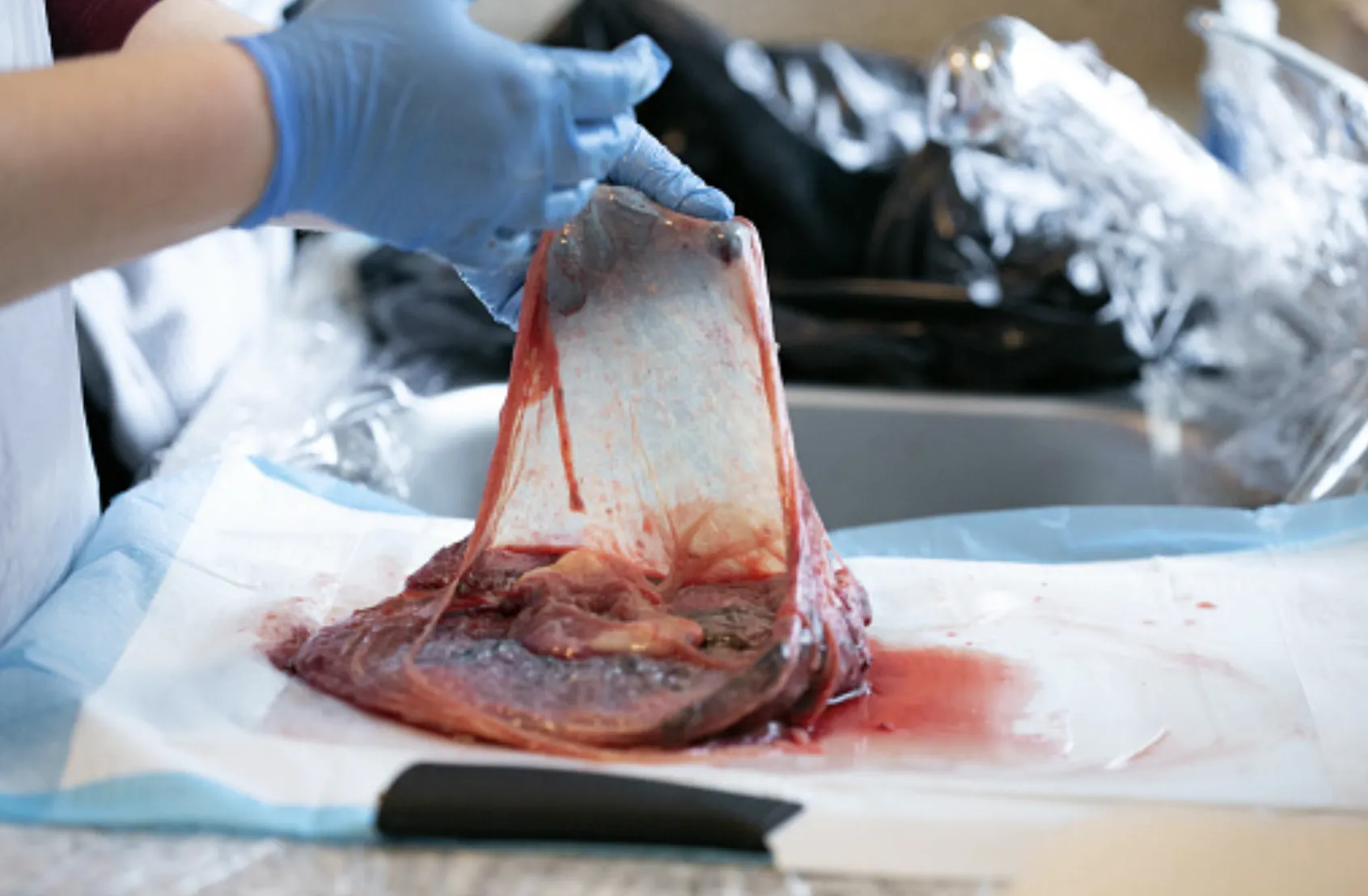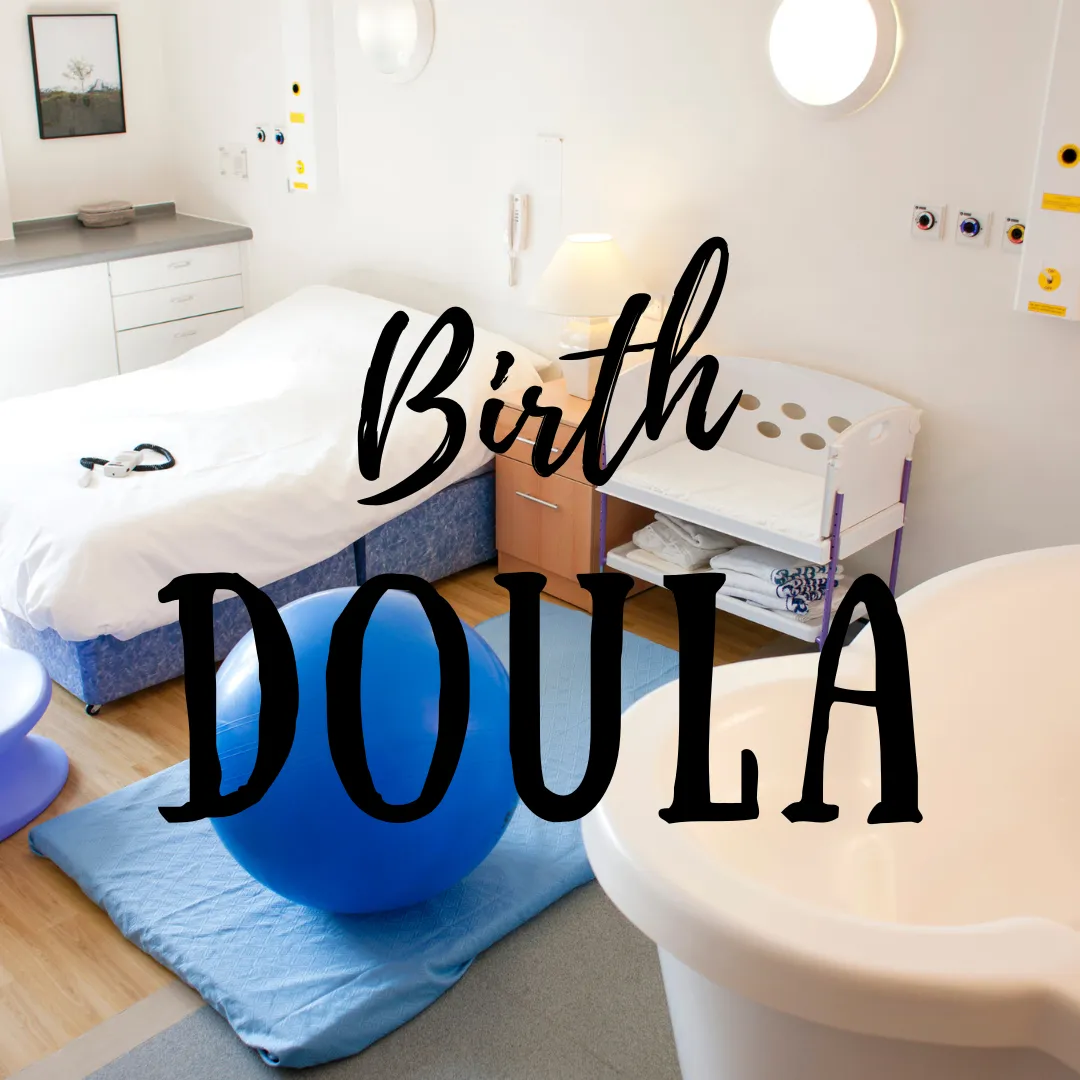What Is A Bereavement Doula?

Losing a loved one is an incredibly challenging experience, and the journey of grief can be overwhelming. During such times, the presence of a bereavement doula can make a significant difference in offering support and guidance. In this blog post, we will explore the role of a bereavement doula, their scope of practice, the ways in which they help, what they cannot do, and who can benefit from their services.
What is a Bereavement Doula?
A bereavement doula, also known as an end-of-life doula or a death doula, is a trained professional who provides emotional, physical, and informational support to individuals and families experiencing loss. They are dedicated to offering compassionate care throughout the grieving process, helping individuals navigate the difficult emotions and challenges that arise during this time.
Scope of Practice:
The scope of practice for a bereavement doula may vary based on their training, certifications, and personal expertise. Generally, their responsibilities include:
- Providing emotional support and active listening.
- Educating individuals and families about the grieving process.
- Assisting with funeral or memorial planning.
- Offering practical support, such as help with paperwork, organizing support systems, or connecting clients with community resources.
- Facilitating communication and understanding between family members during times of conflict or tension.
How Do Bereavement Doulas Help?
Bereavement doulas provide invaluable support to individuals and families facing loss in various ways, including:
- Creating a safe and non-judgmental space for expressing emotions.
- Offering companionship and comfort during the grieving process.
- Assisting with decision-making, including funeral arrangements and end-of-life plans.
- Providing resources and information on grief support groups, counseling services, and other community resources.
- Helping individuals cope with the practical aspects of loss, such as organizing personal belongings or notifying loved ones.
What Can Bereavement Doulas Not Do?
While bereavement doulas play a crucial role in providing support, it is essential to understand their limitations. They are not:
- Licensed therapists or mental health professionals, although they may have training in grief counseling.
- Medical professionals, meaning they cannot provide medical advice or perform medical procedures.
- Legal professionals, and therefore cannot offer legal advice or handle legal matters.
Who Can Benefit from a Bereavement Doula?
The services of a bereavement doula can benefit a wide range of individuals and families who are experiencing loss. This includes:
- Individuals facing the imminent loss of a loved one.
- Family members grieving the death of a loved one.
- Parents who have experienced miscarriage, stillbirth, or infant loss.
- Individuals coping with the loss of a pet or other significant losses.
References:
1. Hospice Foundation of America. (n.d.). What Is a Death Doula? Retrieved from https://hospicefoundation.org/Hospice-Topics/Death-Doula-Programs/What-Is-a-Death-Doula
2. International End of Life Doula Association. (n.d.). What is an End of Life Doula? Retrieved from https://www.inelda.org/what-is-an-end-of-life-doula
- Salloum, A., & Kupst, M. J. (2016). Bereavement support for families after the death of a child. Current Opinion in Pediatrics, 28(6), 719-723. doi: 10.1097/MOP.0000000000000422
Disclaimer: The information provided on this website regarding medical, health, fitness, and legal matters is solely intended for educational purposes. Coexist Doulas, LLC cannot guarantee the accuracy, completeness, or reliability of this information. Therefore, reliance on any information provided on this site is at your own risk. By participating in the use of our online web platform you acknowledge you have read and agree with out disclaimer and other related links located in the web platform footer.



